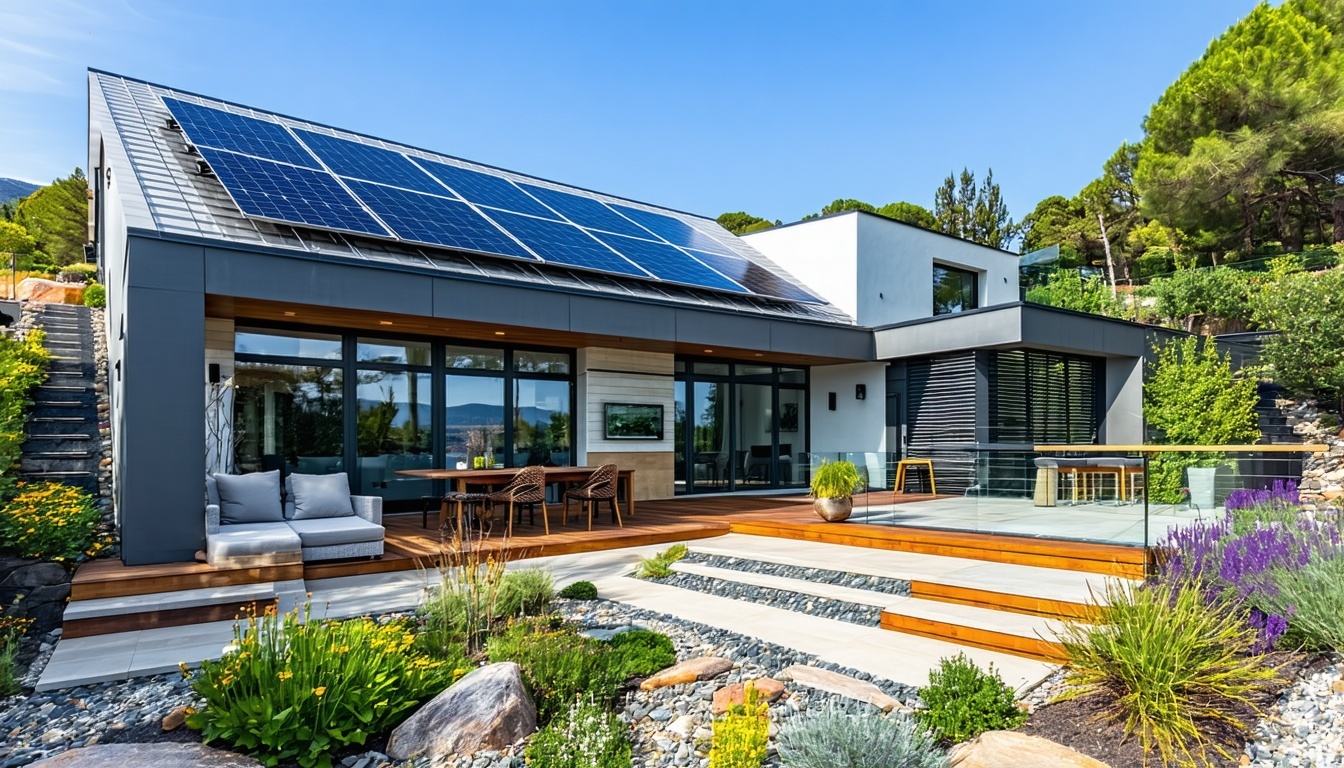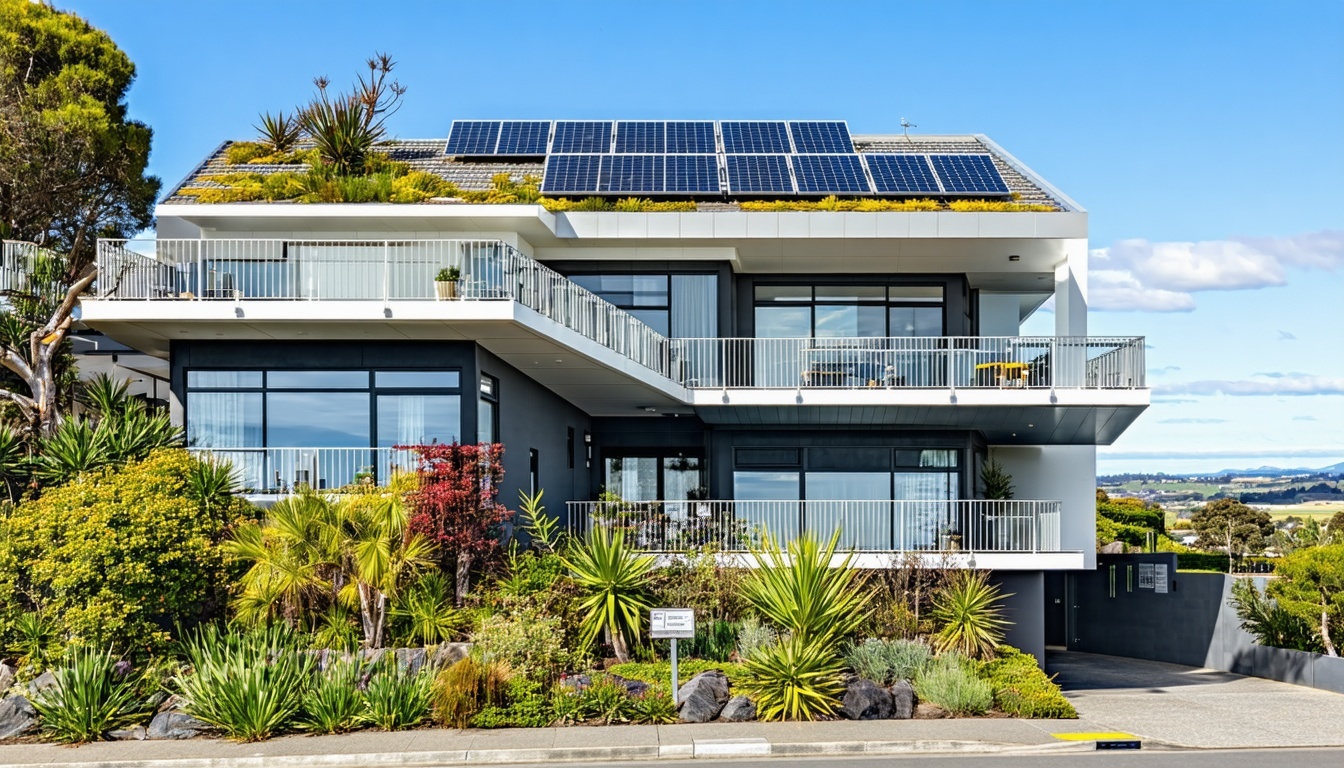Unlock the secrets to achieving a BASIX certificate efficiently and cost-effectively in New South Wales, ensuring your project meets sustainability standards and regulatory requirements.
Understanding BASIX and Its Importance in Sustainable Development
BASIX, or the Building Sustainability Index, is a key initiative by the New South Wales (NSW) Government aimed at ensuring new homes and major renovations are designed to use less water and energy. Launched in 2004, BASIX plays a pivotal role in promoting environmentally sustainable residential development throughout NSW. By setting stringent benchmarks for water efficiency, thermal comfort, and energy use, BASIX helps reduce greenhouse gas emissions and conserve valuable resources.
The significance of BASIX extends beyond environmental benefits. For homeowners, achieving a BASIX certificate can translate into long-term financial savings through reduced utility bills. Moreover, BASIX compliance is mandatory for most new homes and major renovations in NSW, making it a crucial step in the construction and renovation process. By integrating sustainability into the fabric of residential development, BASIX contributes to a greener, more sustainable future for all.
If you are looking for step-to-step guidance on how to secure your BASIX certificate and ensure your project meets all NSW sustainability requirements, please visit our comprehensive BASIX Bible service page. There, you will find detailed explanations, helpful checklists and expert tips to streamline the BASIX process.
Key Performance Areas: Water Efficiency, Thermal Comfort, and Energy Use
The BASIX certificate assesses three key performance areas: water efficiency, thermal comfort, and energy use. Each of these areas plays a critical role in creating environmentally sustainable homes and offers both environmental and financial benefits.
Water Efficiency: This involves the use of water-saving fixtures, rainwater tanks, and efficient irrigation systems to reduce water consumption. By conserving water, homeowners can significantly lower their water bills while contributing to the preservation of this vital resource.
Thermal Comfort: BASIX evaluates the design features that affect a home's ability to maintain a comfortable temperature throughout the year. This includes insulation, window glazing, and shading devices. Enhancing thermal comfort reduces the need for artificial heating and cooling, leading to lower energy consumption and improved living conditions.
Energy Use: BASIX promotes the use of energy-efficient appliances, lighting, and heating/cooling systems. It also encourages the incorporation of renewable energy sources, such as solar panels. By optimizing energy use, homeowners can reduce their carbon footprint and enjoy substantial savings on energy bills.
Step-by-Step Guide to Obtaining a BASIX Certificate
Obtaining a BASIX certificate involves a systematic process that ensures your project meets the required sustainability standards. Here's a step-by-step guide to help you navigate through it:
Step 1: Gather Project Information: Before you begin, collect all necessary information about your project, including site details, building design, and the proposed water and energy-saving measures.
Step 2: BASIX Assessment: Using the BASIX online tool, input the gathered information to evaluate your project's performance in water efficiency, thermal comfort, and energy use. The tool will generate a BASIX score, indicating whether your project meets the required benchmarks.
Step 3: Submission and Approval: Once your project achieves compliance, submit the BASIX certificate as part of your development application to the local council or certifying authority. This step is crucial for obtaining construction approval.
Step 4: Implementation and Verification: During construction, ensure all specified measures are implemented accurately. Upon completion, a certifier will verify that the project adheres to the BASIX commitments, finalising the certification process.
Design Strategies for Cost-Effective BASIX Compliance
Achieving BASIX compliance doesn't have to be an expensive endeavor. By making informed design decisions early in the planning process, you can meet BASIX requirements cost-effectively. Here are some strategies to consider:
Optimize Building Orientation: Positioning your home to maximise natural light and ventilation can enhance thermal comfort and reduce the reliance on artificial heating and cooling systems.
Use High-Performance Insulation: Investing in high-quality insulation materials can significantly improve a home's thermal efficiency, reducing energy consumption and improving comfort.
Select Energy-Efficient Appliances: Choosing appliances with high energy ratings can help meet BASIX energy use requirements while reducing long-term operating costs.
Incorporate Renewable Energy Sources: Installing solar panels or solar hot water systems can boost your BASIX score and provide ongoing savings on energy bills.
Common Misconceptions and How Certified Energy Can Help
Despite the benefits, some common misconceptions about BASIX compliance can cause unnecessary concern. Here are a few myths debunked:
Myth 1: BASIX Delays Construction: Some believe that obtaining a BASIX certificate can delay the construction process. In reality, with the right guidance, BASIX approval can be obtained swiftly. Certified Energy offers fast turnaround times, ensuring your project stays on track.
Myth 2: BASIX Is Costly: While there may be initial costs associated with meeting BASIX requirements, the long-term savings on utility bills often outweigh these expenses. Certified Energy provides expert advice to help you achieve compliance cost-effectively.
Myth 3: BASIX Is Complicated: The BASIX process can seem complex, but with the help of experienced consultants, it becomes manageable. Certified Energy's team of experts is dedicated to simplifying the process, offering tailored solutions to meet your project's unique needs.
For a seamless BASIX certification process, reach out to Certified Energy. Our expertise ensures that you obtain your BASIX certificate quickly and with minimal hassle, allowing you to focus on bringing your sustainable project to life.







